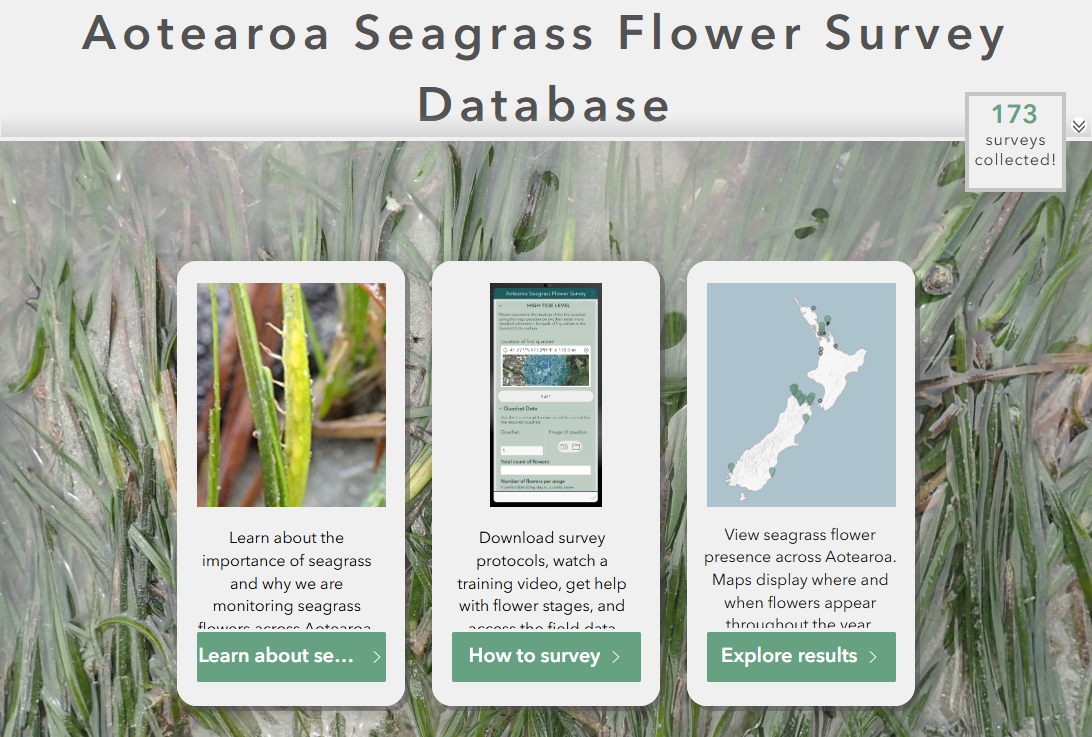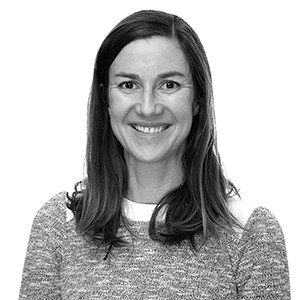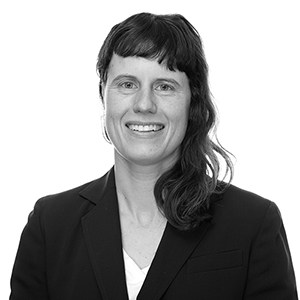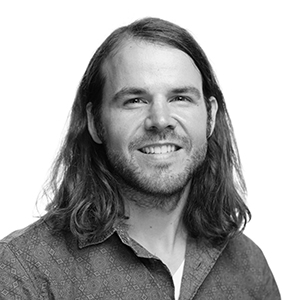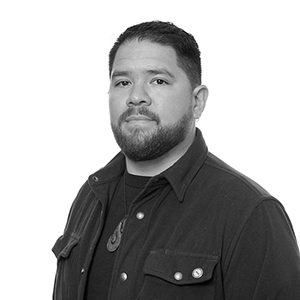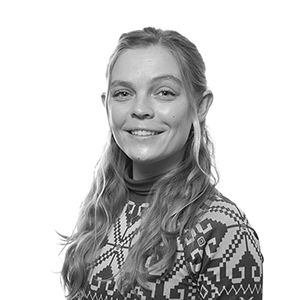
Cawthron Institute is leading a multi-year research programme, Restore the Meadows, to pioneer seagrass restoration techniques for Aotearoa New Zealand. We are working with mana whenua, philanthropic foundations, businesses, government, industry, and environmental groups. Our goal is to support biodiversity, improve water quality, and help mitigate climate change.
What we’ve achieved
During the first three years of the project, our research focused on understanding seagrass reproduction and restoration site selection. We investigated:
- When and where seagrass flowering occurs
- How to collect and process seeds
- How to store and germinate seeds
- How to identify suitable restoration sites
- How to successfully transplant adult plants
This work culminated in the creation of a blueprint for seed-based seagrass restoration – a critical foundation for large-scale recovery of seagrass meadows across Aotearoa.
What’s next
The current phase of the programme is moving from seeds to plants. We are now trialling techniques for:
- Growing seagrass seedlings in nursery conditions
- Establishing seagrass in the wild through direct seed sowing of seeds and planting seedlings
These efforts are essential steps toward large-scale, sustainable restoration of seagrass ecosystems.
Funders
Clare Foundation, OneFortyOne Limited, Port Nelson, Friends of Nelson Haven and Tasman Bay, University of Waikato, Nelson City Council.
Previous funding: Westpac NZ Government Innovation Fund, the Simplicity Foundation, Catalyst Fund, Ngā Pae o te Māramatanga and Cawthron Institute Trust Board.
Collaborators: University of Waikato (Joanne Ellis, Hazel Needham), Deakin University (Craig Sherman), Central Queensland University (Emma Jackson) and University of Auckland (Conrad Pilditch), Tasman Bay Guardians, Love Rimurimu.
We also want to thank mana whenua for supporting our research.
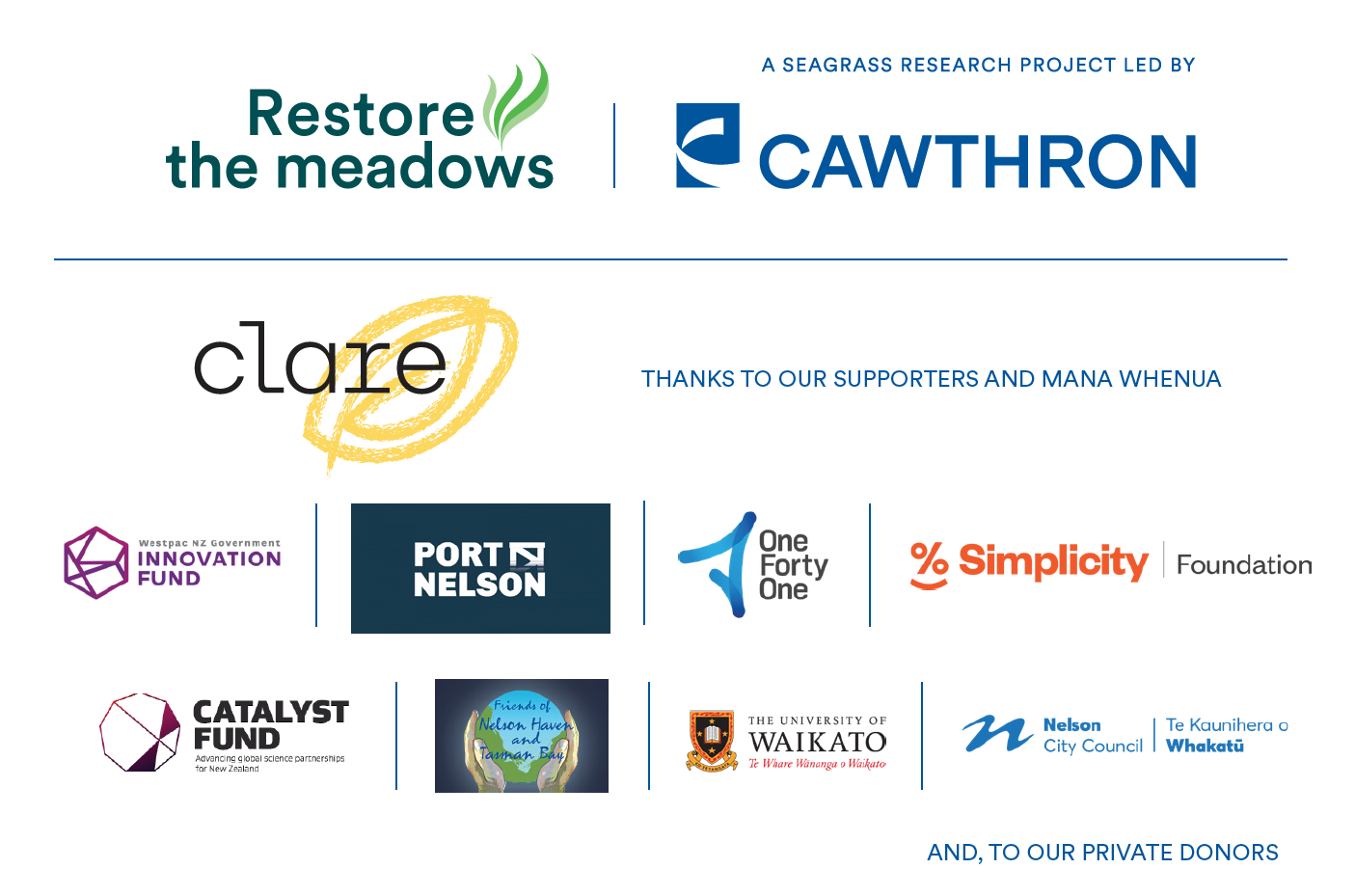
Why seagrass matters
Seagrass is a marine flowering plant with long green leaves and underground rhizomes that anchor it against tides and currents. In Aotearoa, our single species, Nanzostera muelleri, grows in estuaries, harbours, and coastal meadows – and has recently been shown to commonly flower and produce seeds.
Seagrass meadows are vital ecosystems. They:
- Improve water quality
- Provide habitat and food for fisheries
- Support coastal resilience and biodiversity
- Store carbon and help mitigate climate change
Yet, around the world and here in Aotearoa, seagrass is in decline due to human activities.
Get involved
We are looking to partner with organisations and investors who want to support this innovative restoration work. Please contact us for more information about funding and sponsorship opportunities.
Stay connected by signing up for our Restore the Meadows newsletter. In our quarterly updates, we’ll share project progress and ways you can help restore seagrass in Aotearoa.
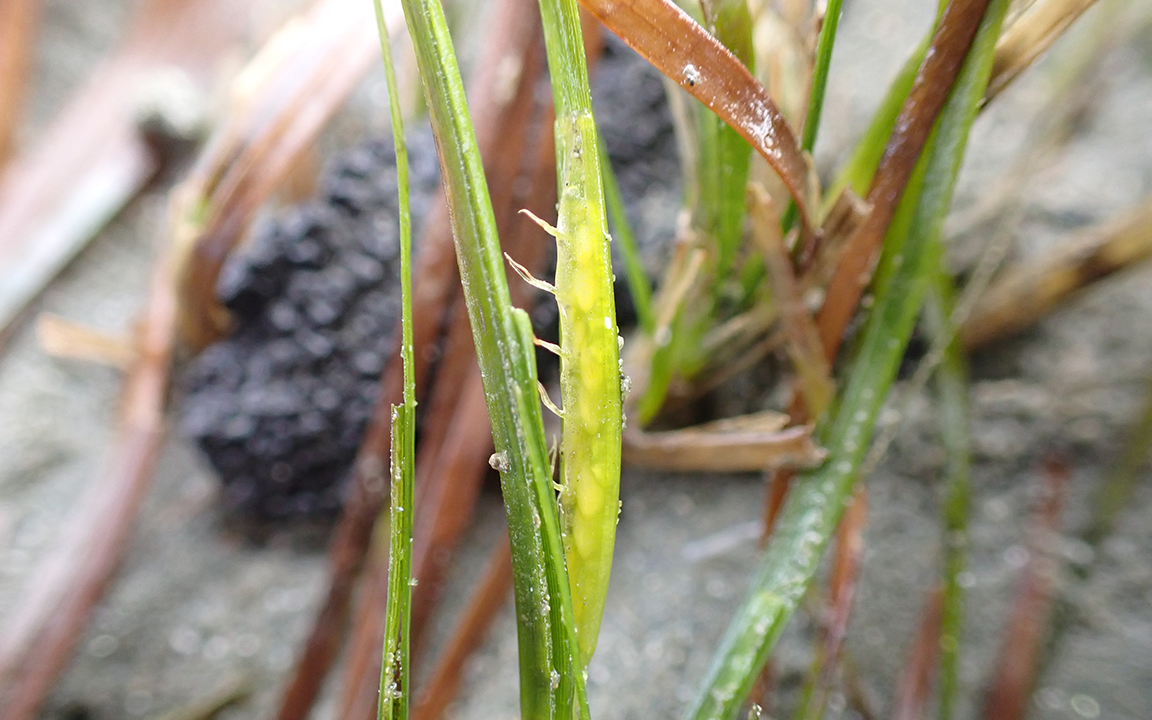
Seagrass flowers with protruding stigma (used to catch pollen for fertilisation).
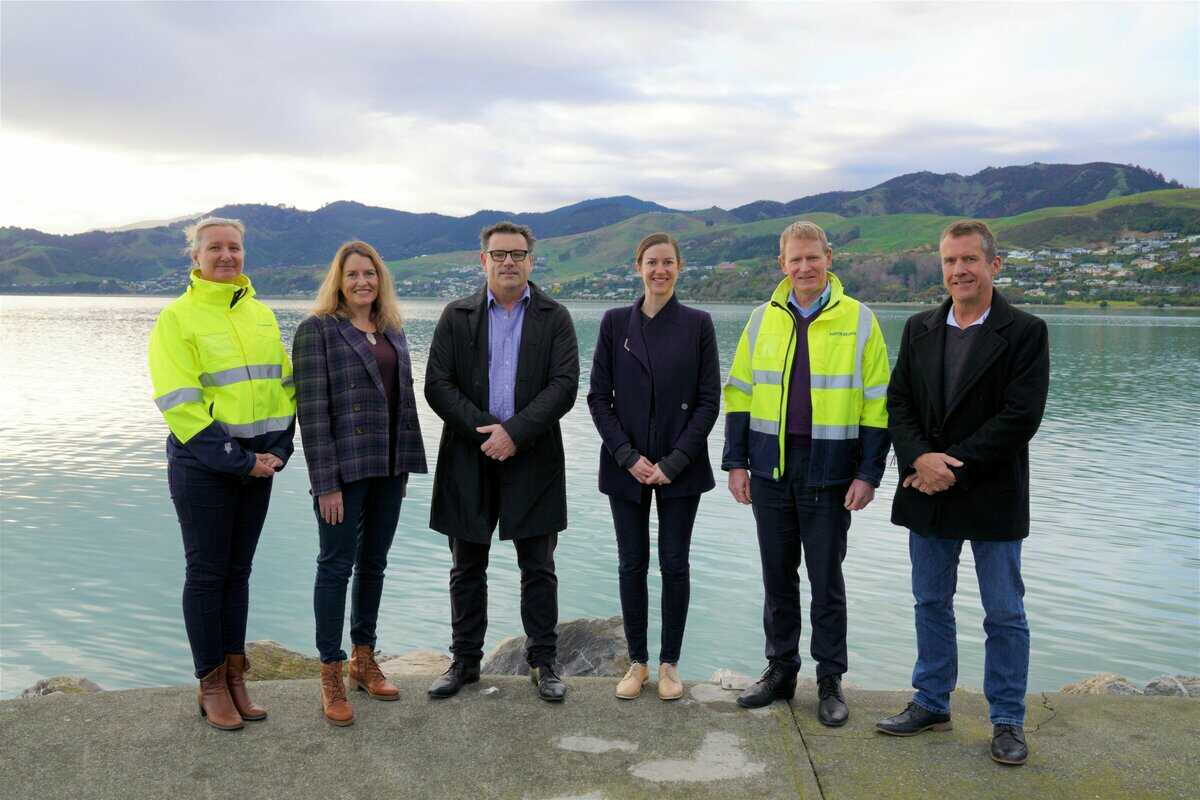
Representatives of the project’s partner organisations at Nelson Haven in July 2022. From left: Allanagh Rivers – General Manager of Infrastructure and Environment at Port Nelson, Kylie Reeves – Communications Manager at OneFortyOne Ltd, Brent Guild – Executive General Manager at OneFortyOne Ltd, Dana Clark – Team Leader Restoration Ecology at Cawthron Institute, Hugh Morrison – Chief Executive Officer at Port Nelson, and Volker Kuntzsch – Chief Executive Officer at Cawthron Institute.
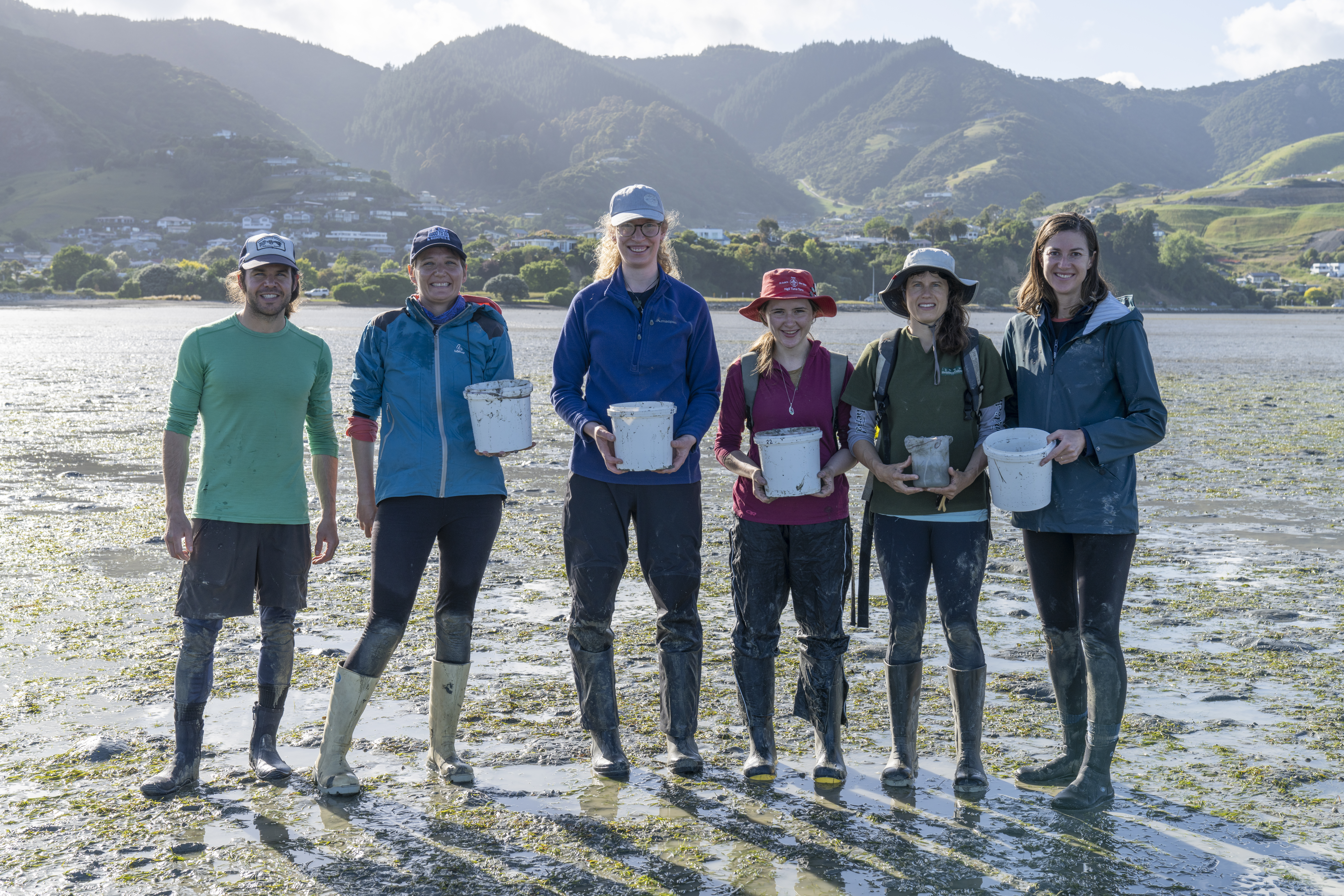
Members of the Restore the Meadows Project Team collect seed in Nelson Haven.
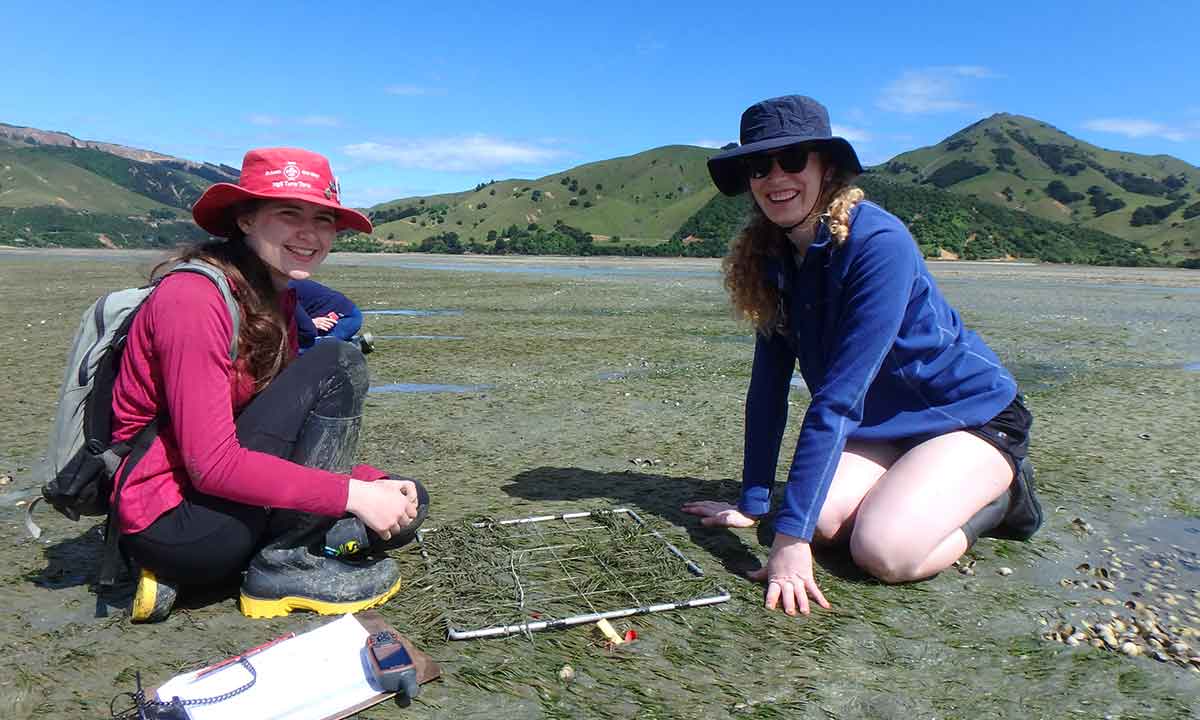
Cawthron Summer scholarship recipients Demi Fern and Irisa Hudson surveying seagrass as part of their summer project.
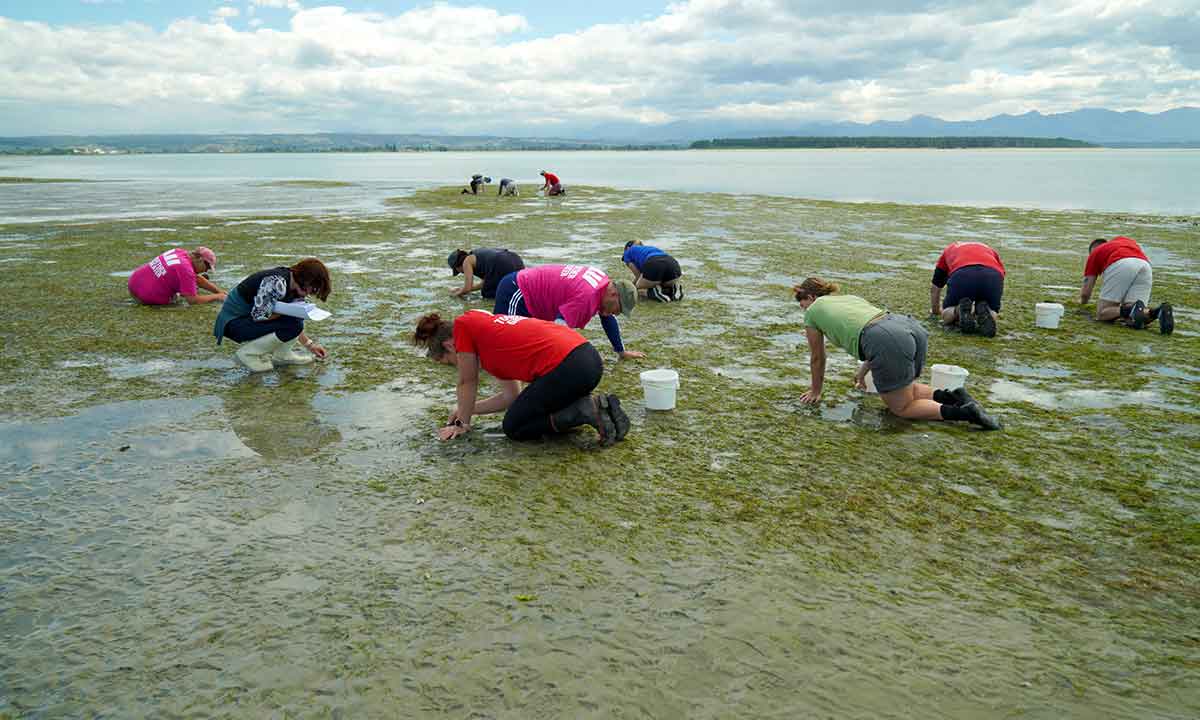
Seagrass flower collection at Waimea Inlet as part of a community engagement day in collaboration with Westpac NZ.
Publications & Resources
Assessing biodiversity associated with seagrass meadows
A blueprint for seed-based seagrass restoration in Aotearoa New Zealand
Research to inform seed-based seagrass restoration in Aotearoa New Zealand 2022-2023
Research to inform seagrass restoration in Aotearoa 2021-2022
Review of the potential for low impact seagrass restoration in Aotearoa New Zealand
News stories
Seagrass restoration goes public
New national database to map seagrass flowering
The stuff of life – New Zealand Geographic
Nelson seagrass restoration project helping fight climate change | Newshub
Seeds of hope for seagrass meadows – RNZ
Seagrass restoration trial could open new front on climate action – Stuff.co.nz
Seagrass restoration project aimed at fighting climate change – RNZ
